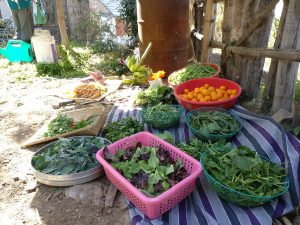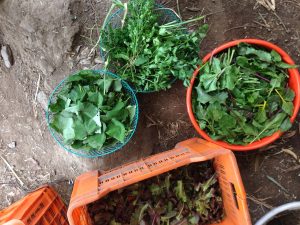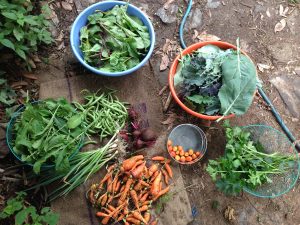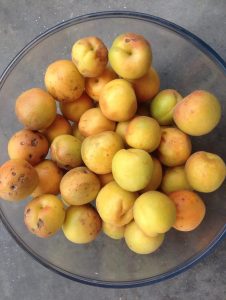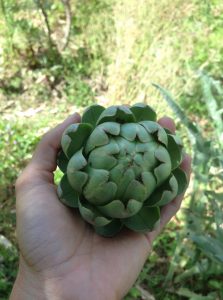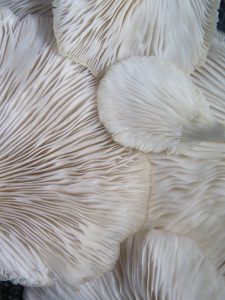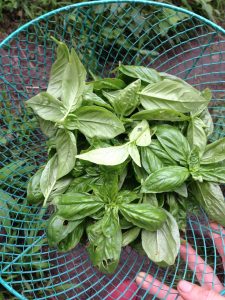
Shunya farm is a small (3/4 acres) farm located in the Bir village of Himachal Pradesh, India in the north-western Himalayas at 1800 metres above sea level.
Bir has a vibrant community of local farmers, pastoralists and craftsmen, students and practitioners of Buddhism and a growing population of people from India and outside choosing to live in a small-pristine village and exploring a low impact sustainable lifestyle.
In 2013, an American couple, Robin Jameson and Spero Latchis rented a piece of land in Bir, a part of which was a garbage dump and a part was being used to grow seasonal grains (corn and wheat in succession) with application of synthetic fertilizers and insecticides-pesticides.
In 2016, Robin and Spero moved back to the U.S. and we took up the responsibility of the farm to continue our research on farming, soil, permaculture and with an intention to explore how a couple can sustain themselves with a small piece of land.
Our work are has been influenced by Fukuoka’s natural way of farming and Permaculture design. Along the way, many indigenous communities and traditional farmers helped us to understand the deep connection of humans with forests, water, land and animals which helped us create new visions for the farm. Our belief in a holistic culture which considers the dimensions of spirituality, social relationships, and ecology has been at the foundation of this work.
Over these years, the farm has grown into the only small-scale organic farm in the region to consistently follow natural farming practices. Since 2016, seasonal vegetables, fruits and herbs have been harvested every week and sold at the farm to a dedicated local clientele and few local restaurants. In sharing food, seeds, and plants, the farm is slowly developing a community of people seeking to learn about the soil and plants to grow diverse edible landscapes.
Read more about the context of the farm
A small farm in the mountains, a documentation about the work on the farm
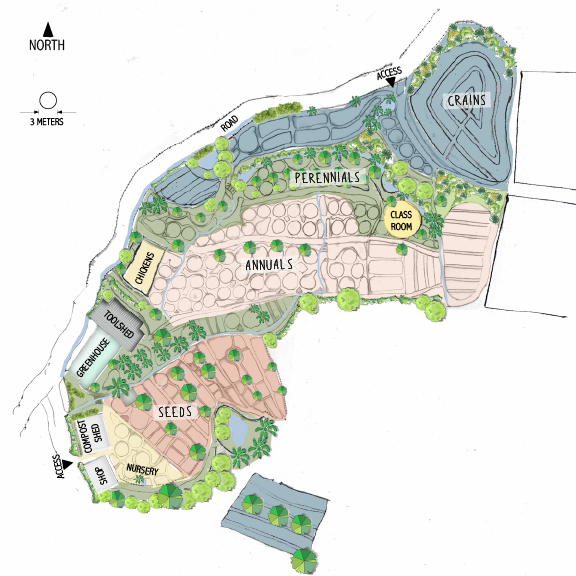
Today, the farm is a repository of the region’s edible biodiversity, open pollinated seeds, cuttings and saplings, which are shared with the local community. Regular courses on permaculture, natural farming, soil science, and local, circular economies are also hosted on the farm with the objective of sharing this information with people from all over the world.
In 2019, Matasharan took over the responsibility of the farm. Matasharan is a local farmer who started working on the farm in 2013 and has been working dedicatedly on this land since then. He has been and continues to be the soul of the farm. Having worked with people from all over the world on the farm and seeing different perspectives on farming, Matasharan is determined to continue the exploration of what a farm and a farmer for the future could be.
He lives in Bir with his wife, daughter and the extended family and is the only young man in the village involved in farming full time.
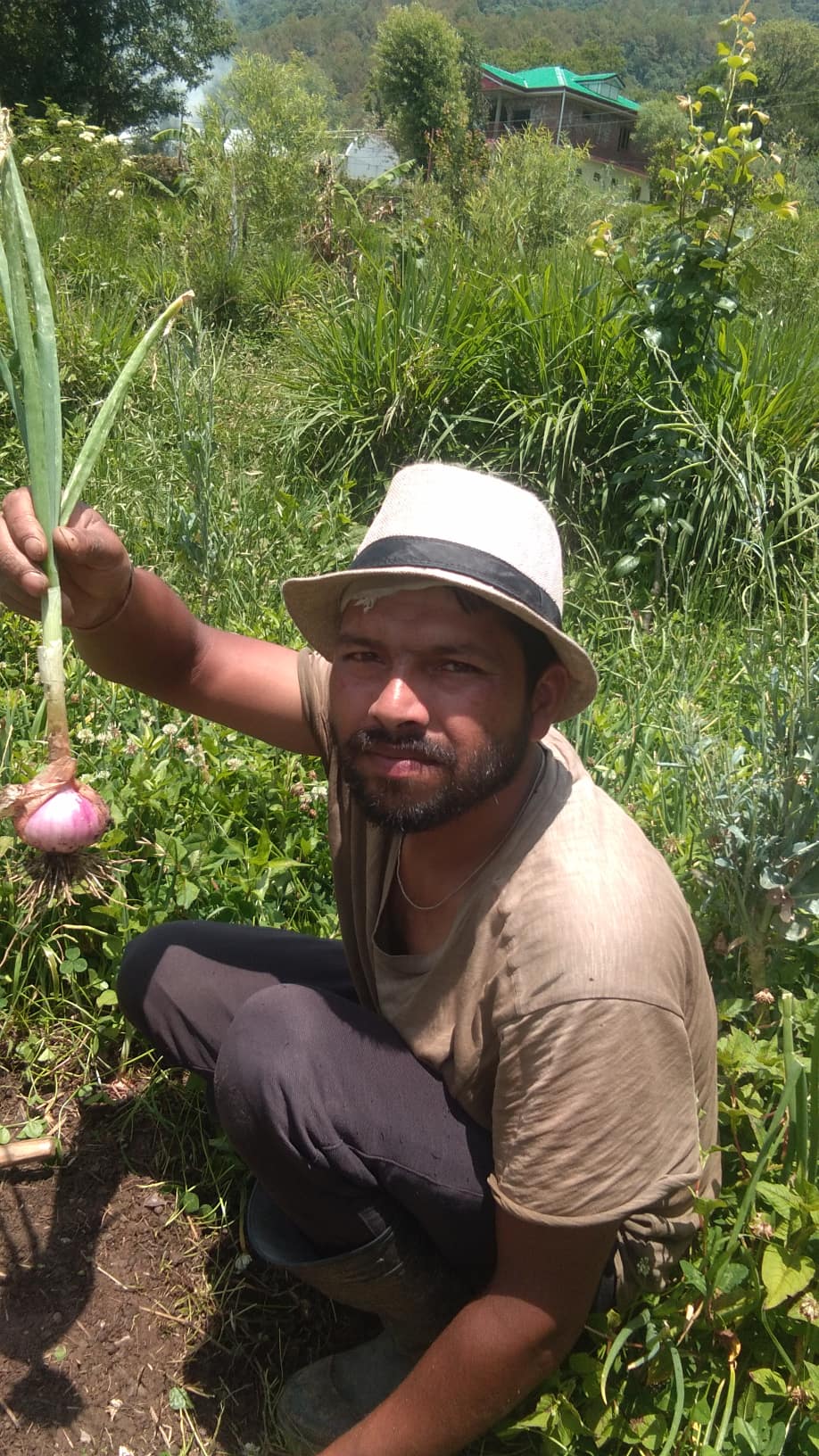
This makes the farm an evolving model for natural and sustainable farming and permaculture offering experiences for the current and the future generations of farmers who have the great challenges of dealing with the ecological and social dimensions of farming and creating new visions for healthy local ecosystems.
Our wish is that Shunya farm continues to grow as a space for people wanting to deepen their understanding of working on the land, living in a village community and who are willing to continue and share the research and documentation of plants and biodiversity and regenerative agriculture practices for Bir.
Areas of research:
- Growing and propagating edible perennial plants for forests/farms that do not have enough labour. Such plants can be planted once and harvested for many years with very little maintenance.
- Preparing seeds and saplings for fruit trees and berries to encourage fruit farming in the village.
- Preparing seeds and saplings for exotic naturalized vegetables that can be sold at the local restaurants so that farmers don’t have to sell their produce outside. This will give more benefit to the farmers and create a local food distribution system.
- Documenting and sharing best practices for natural farming for a small farm in this context.
Challenges:
- Farming is a challenging work in Bir or anywhere else. The changing climatic patterns, uncertainty of rains, mismanagement of forests and wildlife and loss of labour to cities and other jobs, have all made it more and more difficult for traditional farmers to continue this work and for new farmers to commit to the perseverance required to start a new farm. We need to preserve the farms and forests that are trying to find solutions to the local and global food crises.
- Bir is quickly becoming a tourist hub for its beauty and adventure sports. Many locals have shifted from their traditional land based livelihood to the tourism industry. The trend is overwhelming and has also influenced the priorities of the village community. Although there is some interest within a group of local farmers in going organic, the initial investment of time and energy is often seen as an impediment and there is no community support for organic farming yet.
- The organic produce sales do well in the seasons of spring and fall, but monsoon and winter seasons see fewer residents, tourists and restaurant needs. Lack of distribution facilities and the nature of limited harvest every week make it difficult to transport this food to markets outside.
SEED BANK
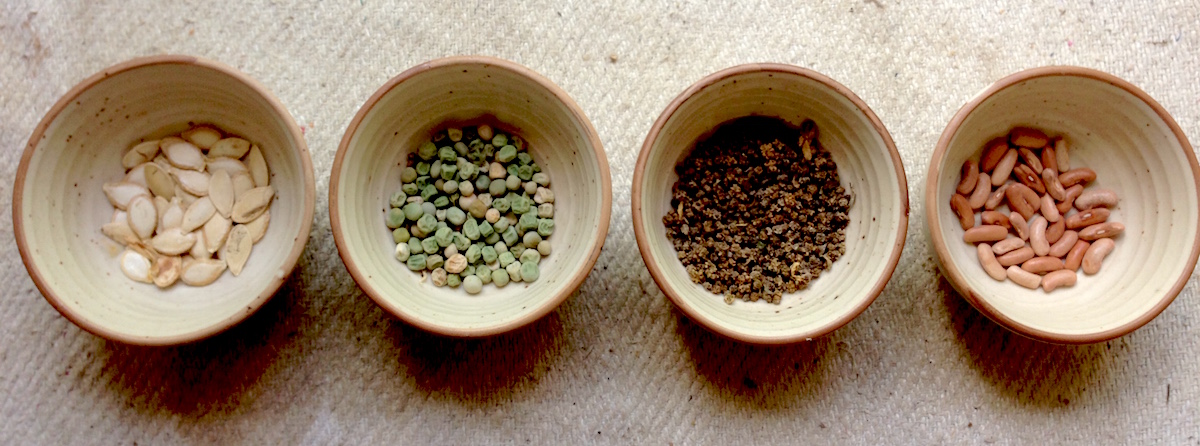
RESOURCES
Planting calendar Harvesting calendar Plant list
Seasons on the farm
Stories
https://www.facebook.com/shunyafarmbir
LOCATION
To visit, please call Matasharan on 8894454335 and make an appointment.
Shunya farm
[email protected]
VPO Bir, Tehsil Baijnath, District Kangra
Himachal Pradesh- 176077

